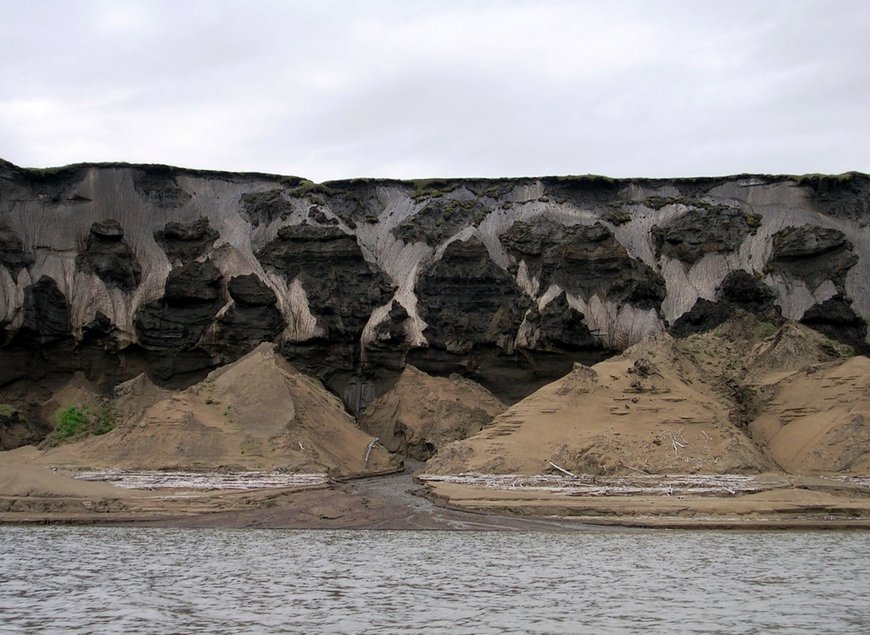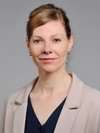Carbon in permafrost: Carbon turnover and greenhouse gas release from thawing permafrost landscapes of Northeast Siberia
Funding: Federal Ministry of Education and Research
Status: current (2017 - 2020)
Partner Work Package 3:
Prof. Janet Rethemeyer, University of Cologne
Dr. Christian Knoblauch, Institute of Soil Science, University Hamburg
Consortium of:
University Hamburg, University of Cologne, Alfred-Wegener-Institute, Helmholtz Centre for Polar and Marine Research, Helmholtz Centre Potsdam GFZ German Research Centre vor Geosciences, Max-Planck-Institute for Meteorology, Max-Planck-Institute for Biogeochemistry
Russian Partners:
Saint Petersburg State University; Arctic and Antarctic Research Institute; Otto Schmidt Laboratory of AARI; Melnikov Permafrost Institute Yakutsk (Russian Academy of Sciences); Lomonosov Moscow State University; Institute of Atmospheric Physics (Russian Academy of Sciences); Sukachev Institute of Forest (Russian Academy of Sciences Krasnoyarsk); Institute of Physicochemical and Biological Problems in Soil Science in Pushchino (Russian Academy of Sciences); North-Eastern Federal University Yakutsk; Kazan Federal University
Taking advantage of the outcome of the previous BMBF CarboPerm project, PT3 of the new KoPF project deepens our understanding on the microbial decomposition and greenhouse gas (GHG) formation from thawing permafrost. Specifically, GHG fluxes are quantified and the sources of GHG formation are identified exploiting 14CO2 and 14CH4 analyses. For the first time, this workpackage further targets the active microbial community involved in GHG formation and release including its dynamic and activity following long-term permafrost thaw. This part is conducted at the GFZ.




